Daily worries, pressured routines, and all-nighters are some of the reasons we don’t get enough sleep. Add to that constant updates about a global pandemic and it’s easy to understand why people are seeking sleep solutions to improve quality and lessen related anxiety.
“Sleep disturbances are multi-factor. We have different reasons for why sleep can be disturbed,” Dr. Micha Gross from the Tel Aviv Doctor clinic, tells NoCamels.
Long before the COVID-19 outbreak, sleep deprivation and its negative impacts have been part of the better health dialogue. Better sleep, after all, is good for our mental and physical well-being. From healthiness trackers to meditation apps to scientific research and government-sponsored sleep initiatives, finding solutions to give us all a better night’s sleep are rife.

According to a study by the Centers for Disease Control and Prevention, the number of US adults who claim to sleep six hours or less in a 24-hour cycle is on the rise. Lack of sleep, which one study came to describe as a serious “public health epidemic”, has worsened with novel coronavirus-induced lockdowns and remote-working.
Not surprisingly, since the arrival of the novel coronavirus, there has been an uptick in Google searches of the word “insomnia”.
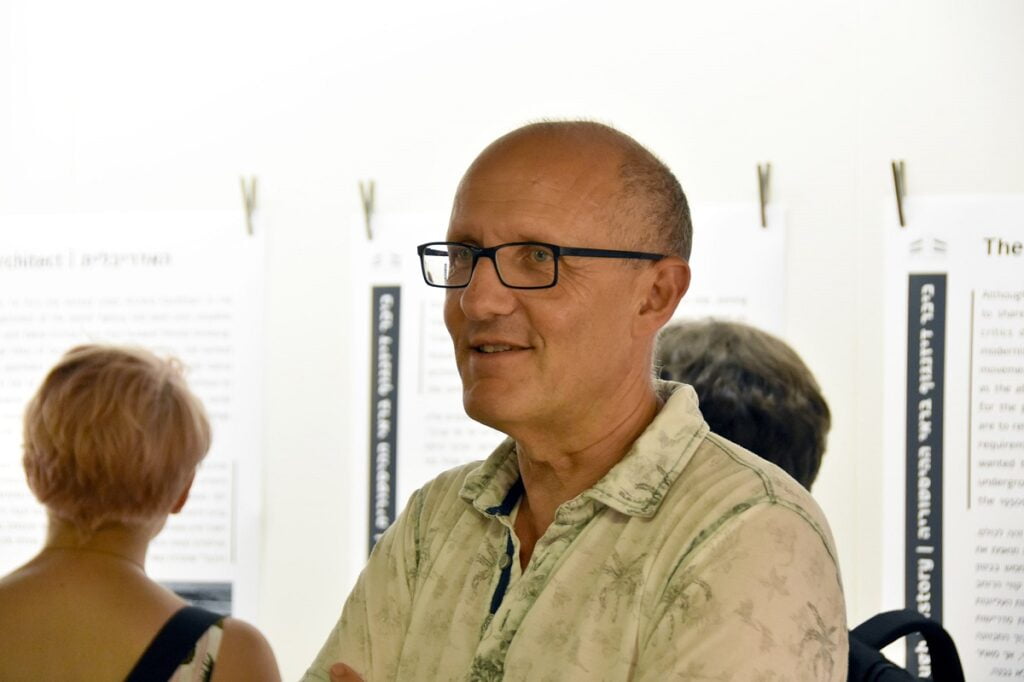
Now experts say COVID-19 may be stressing pre-existing sleep issues.
COVID-19 can affect people’s sleep in different ways. There is the psychological stress, the uncertainty about the future, and fears over personal health and well-being. Home monotony due to self-isolation disturbs the sleep cycle and people ironically says Gross, stay up late and then sleep late into the day.
“At midnight they are not tired, so they don’t know what to do, they take a sleep pill, a shot, or whatever, and so it may start to become a chronic problem,” Gross, a psychologist, tells NoCamels.
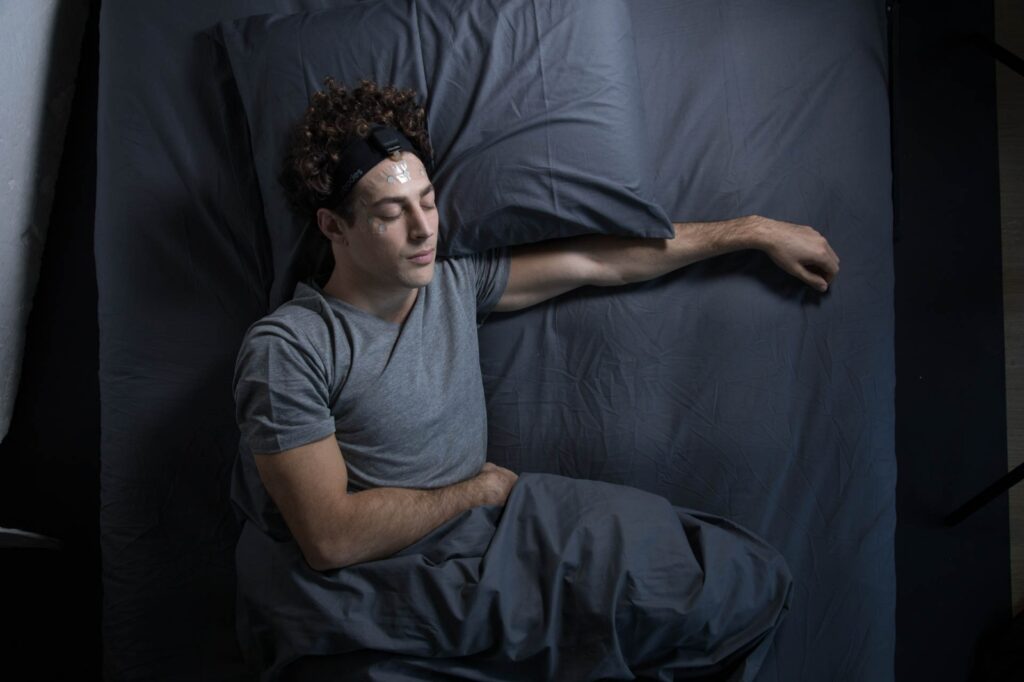
People deal differently with their sleep problems. Medications are one route to reaching sleep nirvana. Sleep labs work, too. Sleep tech is a growing sector aimed at helping you get a good night’s schloof.
Sleep is a “realm that can be improved dramatically,” says Ziv Peremen, CEO of X-trodes, a Tel Aviv-based company with a wearable smart tech product that measures and analyzes electrophysiological signals for better sleep.
Better sleep
With the ongoing COVID pandemic underway and a growing fear by patients of going to the hospital, alternatives offered by remote at-home measurement devices are garnering the spotlight, says Peremen.
The Israeli tech industry has some options on offer. For sleep apnea, there is WatchPat from Itamar Medical. The small wrist device measures and analyses through finger, chest, and wrist sensors the pulse rate of the patient, which increases in the event of apnea due to the collapse of the airways and the lack of supply of fresh air.
Apps like dayzz and Sleeprate use smartwatches and pulse trackers to collect data on sleep patterns. They gamify the whole sleep experience with challenges, suggestions on how to improve one’s sleep environment, and reminders on when to go to sleep and what not to do before going to bed.
SEE ALSO: US Medtech Manufacturer Buys Israeli Sleep Device Firm Itamar Medical For $538M
Such options increase our awareness of sleep, but they may have limitations. “They usually measure movement, acceleration, noise, and so on … But this is an estimation of our sleep. It’s very good to have a basic understanding of our sleep, but it’s not medical grade,” says Peremen.
Sleep apnea trackers are much more accurate, he says, but they miss out on many other sleep disturbances. “There are so many other sleep disorders, like insomnia, narcolepsy, … bruxism, when people clench their teeth during sleep, and so on. All these kinds of sleep disorders require more advanced technology. And more importantly, you need the ability to measure the brain activity.”
X-trodes is trying to fill this gap with its medical grade, light, and wireless electrodes. The company says its solution is a multi-night sleep measurement.
Sign up for our free weekly newsletter
Subscribe“This is crucial because it’s already known in the literature that when you go to the hospital and you have a single measure, you don’t get the regular sleep patterns. With a regular polysomnography, patients must sleep on their backs. They can’t have their regular positions because they are connected to all their cables,” says Peremen.
Post-pandemic sleep solutions
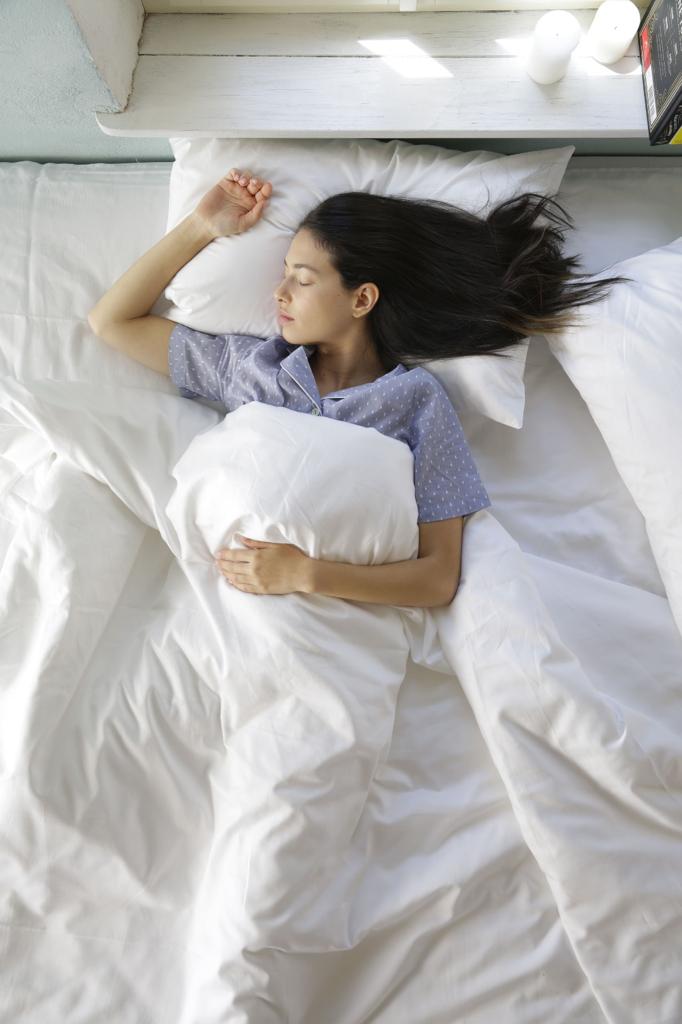
In addition to regular sleep problems and COVID-related issues, Gross spoke about long COVID – symptoms that continue for more than 12 weeks after the infection – that have also been shown to cause feelings of growing insomnia in the post-infection period.
“We can see during the recovery of long COVID-19 what exactly during your sleep is affected, which sleep cycle, which pattern in your brain and so on,” says Peremen on his company’s product.
And the tech industry is not only limited to measuring our sleep. Sonovia, whose COVID-19 masks made headlines last year, has taken its own approach to ensure better sleep hygiene.
“We started thinking, ‘where else can we apply our technology?’ We found out that our beds are places we spend a third of our lives, around eight hours a day. But we treat it very differently,” Jordan Fox, creative director at Sonovia, tells NoCamels. Compared to clothes, beds are washed at best once a week. They become “hotbeds of germs,” says Fox.
The solution offered by Sonovia are linens impregnated with a Zinc-based formula that can survive multiple washes. “Metal oxides like zinc are known for their anti-bacterial/anti-viral properties, and we are using them in a nano-technology form,” Shay Hershcovich, co-founder of Sonovia tells NoCamels.
Meanwhile, research labs are hard-pressed to answer the age-old question of why we sleep. “I mean we all spend a third part of our lives sleeping, eight hours more or less, and it’s very strange because we basically waste our time, if we think about it practically, and if we think of it in an evolutionary perspective with sleep, you increase your risk for survival, you are in a very vulnerable state,” says Professor Lior Appelbaum from Bar-Ilan University.
Experimenting on zebrafish, a small and popular aquarium fish with cerebral properties similar to those of human beings, Appelbaum and his team suggested that wakefulness causes DNA “breaks” in neurons. Sleep, on the other hand, helps repair those damages accumulated over the day.
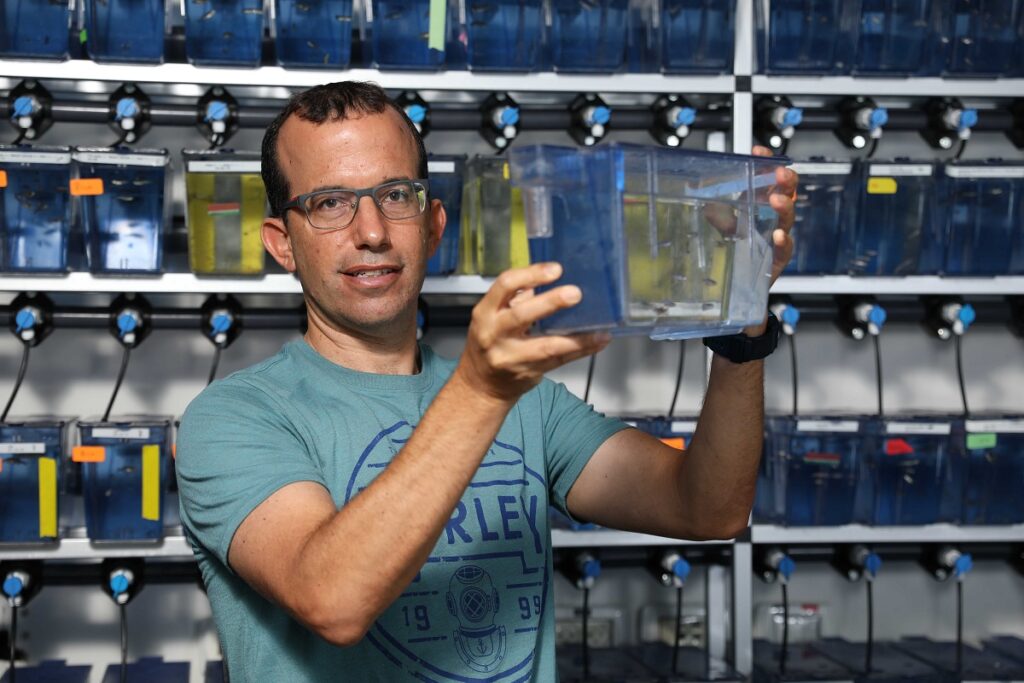
We don’t suggest that the brain needs to sleep or that we need to sleep, Applebaum says. “A single neuron needs to sleep. It does not matter if this single neuron is in a jellyfish, in a fly, in a fish, or in a human. We have neurons that are so special since they are mature cells that do not divide. So, if you damage your skin, new cells grow. But let’s say you have 100 neurons, these are the neurons you have. My point is that you need to make sure these neurons survive and don’t start the neurodegenerative process too early in life.”
In other words, getting that good shut-eye is crucial.
“We sleep because we have those neurons with these special functions and properties that need this maintenance, this consolidation during a relatively long time, and this is the trade-off, you need the maintenance, so you need to take risk to shut down, to restart your computer, and during this restart, you are under risk,” says Appelbaum.
Medical psychologist Uri Mandelkorn sees sleep as unique to every individual.
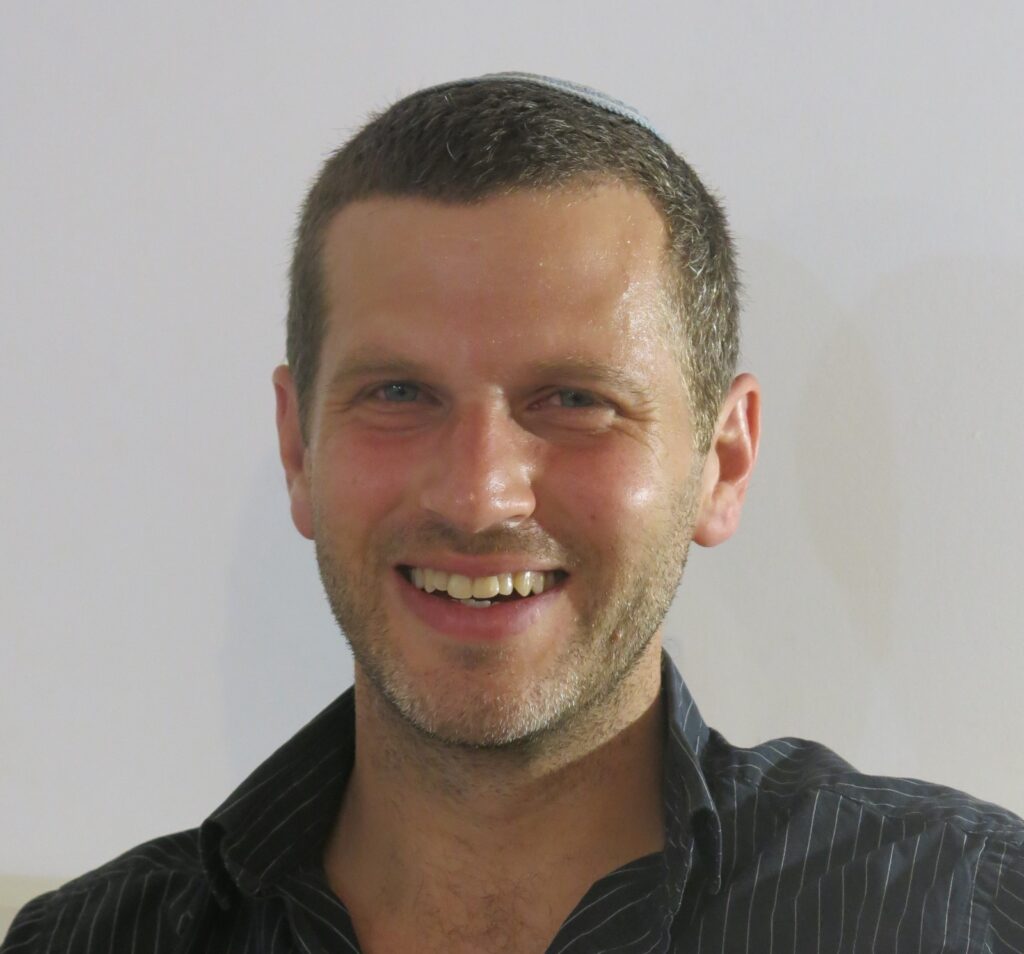
“Sleep is a natural thing,” Mandelkorn tells NoCamels, and the aim, he says, is to help the patient resume a “natural sleep path” with the least amount of intervention.
Mandelkorn has his own approach to helping people find their way back to a natural sleep rhythm. He calls it NSLEEP, an acronym that stands for Natural, Subjective and Safe, Losing Control, Effortless, Enjoyable, Peaceful.
“People who start to have sleeping problems, tend to feel that they are losing control of their sleep,” says Mandelkorn. “The natural reaction when we lose control is the opposite, is to try to hold [on]…That’s counterproductive to sleep. Because when we go to sleep, we want to be able to let go, to relax.”
As for new concerns raised over the pandemic and its impact on better sleep, Mandelkorn says: “COVID-19 is there, it’s always there. What I feel is that it has already become a given…in a way, it became something of a routine, part of our life.”
Related posts

Editors’ & Readers’ Choice: 10 Favorite NoCamels Articles

Forward Facing: What Does The Future Hold For Israeli High-Tech?

Impact Innovation: Israeli Startups That Could Shape Our Future


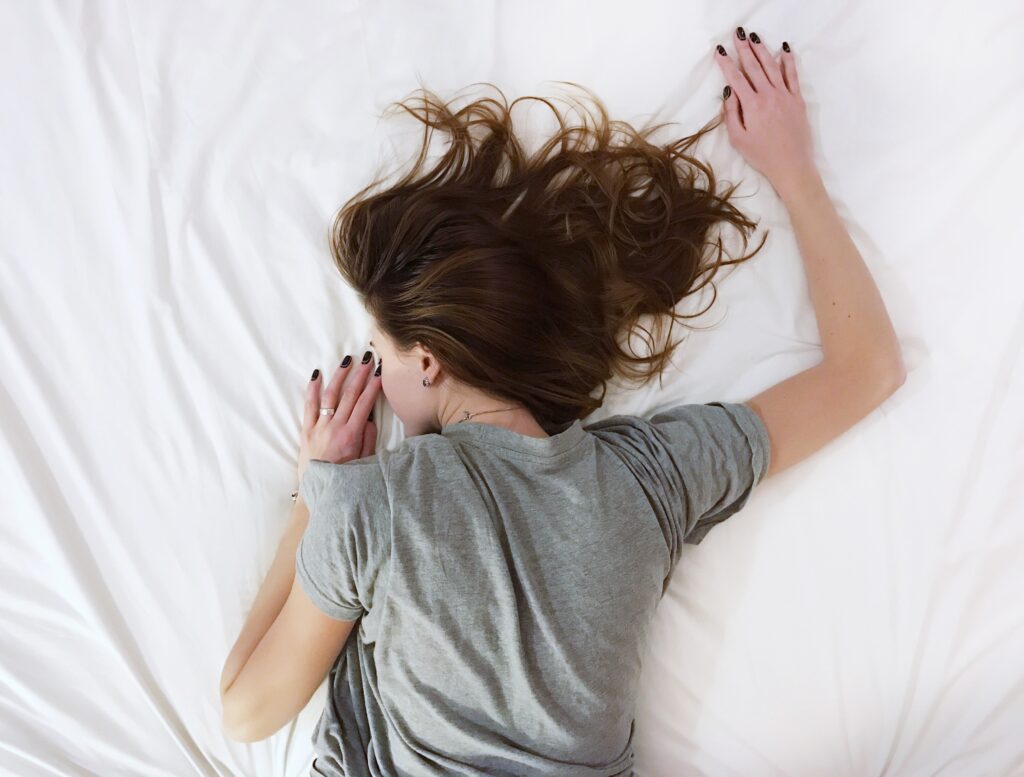

Facebook comments